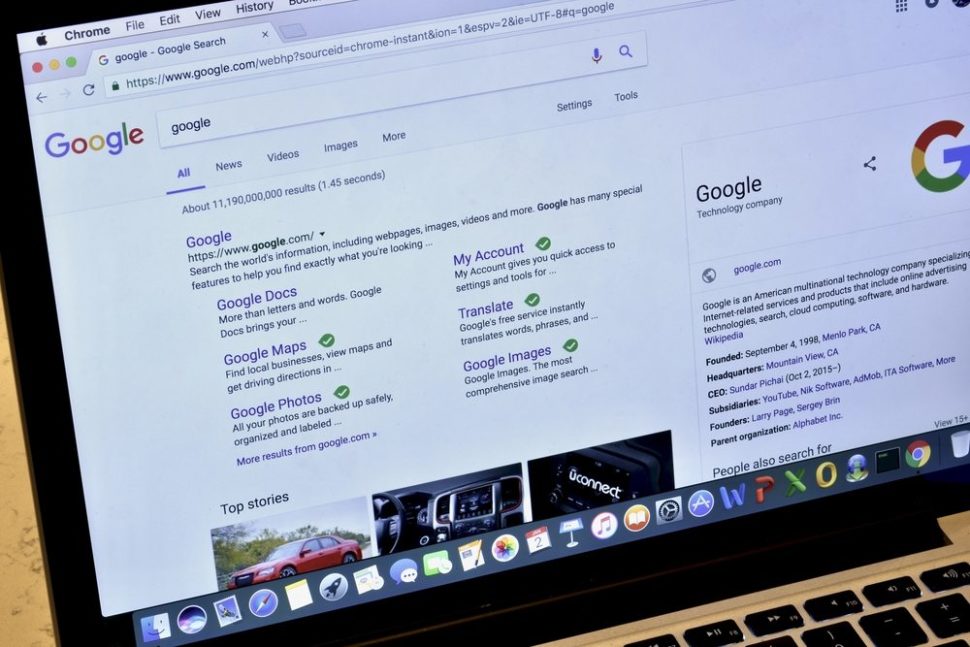Google is using machine learning to predict user intentions and deliver the best results for their search queries.
Machine Learning is a subset of artificial intelligence that uses a wide range of signals or parameters to learn independently from a massive and constantly growing body of data.
A lot of tech companies are employing machine learning in their products and services. Uber, Autotrader, Yelp, Facebook, Pinterest, and Expedia are among the biggest companies employing machine learning in different ways. Yelp, for example, uses machine learning to curate images at scale whilst Pinterest uses the technology to improve content discovery and moderate spam.
Google is no different. In 2015, Google introduced RankBrain, its machine learning artificial intelligence system. RankBrain primarily focuses on refining queries that Google processes.
Though the system was developed to help Google process mainly new queries that haven’t been searched for before in the past, Greg Corrado, a senior research scientist at the company, publicly said the machine-learning system has become the third-most important page-ranking factor.
Google's Third Most Important Ranking Factor is It's Machine Learning SystemClick To TweetMachine Learning Impacting SERPs
SERP is an acronym for Search Engine Results Page. It is the page that shows the results of a query initiated by a user and usually contains both organic and paid results for the query.
Google wants to provide users with the best results for any search query. With machine learning, Google is now able to guess users’ intent for search queries and return with the best results on its SERPs.
Even though Google still uses conventional signals (over 199 of them, actually) like domain authority, page speed, and content length to determine the best results, it uses machine learning to further analyze the web pages these signals suggest and return the best results to meet the user’s intent.
This sort of levels the playing field for web pages because each query is analyzed uniquely. It’s not guaranteed that one web page will be displayed for all queries containing a particular keyword or phrase.
For example, depending on how two people run similar queries, SERP for their queries may be different even though they have similar intent. This is because Google will try to display for each query results closest to user intent. Though this was possible with other Google signals, machine learning improves it vastly.
For this reason, the first page listings will no longer be dominated by top domains but also any webpage (even new ones) that provide relevant quality content and high user engagement.
Machine learning systems learn over time and update themselves accordingly. If we ever get to a time where Google completely entrusts search rankings to machine learning systems, SEO operators will have to brace themselves for more fast-paced tweaking to SERP algorithms.


















Pretyy amazing actually
nice post